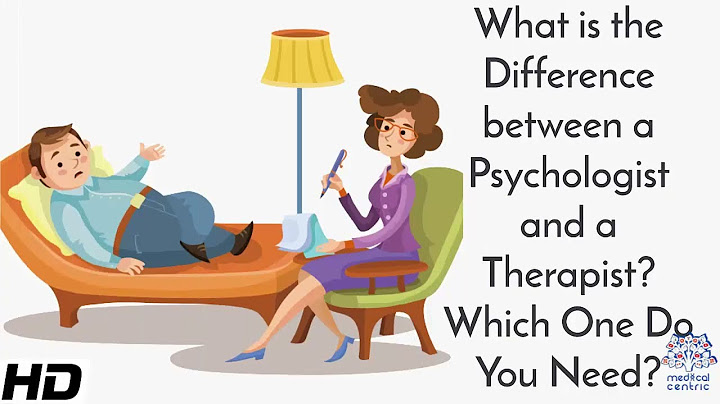Why can't clinical psychologist prescribe medication?Insufficient training in medicine and pharmacology. Risks of side effects of medications. Danger of overlooking medical disorders that might be mistaken for mental disorders. Physicians and psychiatrists are better trained to determine when and if medications are needed.
How do clinical psychologists prescribe medication?Psychologists may discuss medications with a patient. A psychologist may suggest to a physician a particular medication to be prescribed by a physician. However, the ultimate decision as to whether a patient should receive medication lies solely with the physician.
What is the difference between a psychologist and a psychiatrist?Differences in Practice
Both psychologists and psychiatrists can provide psychotherapy. However, most psychiatrists treat patients primarily by prescribing medication, while psychologists mainly rely on providing talk and/or behavioral therapy.
Which states can psychologists prescribe medication?History of the RxP Movement
As of 2021, five states including Louisiana, New Mexico, Illinois, Iowa and Idaho have passed legislation that expanded the scope of practice for specially trained licensed psychologists to prescribe certain types of medication.
|

Advertising
LATEST NEWS
Advertising
Populer
Advertising
About

Copyright © 2024 muatrau Inc.










